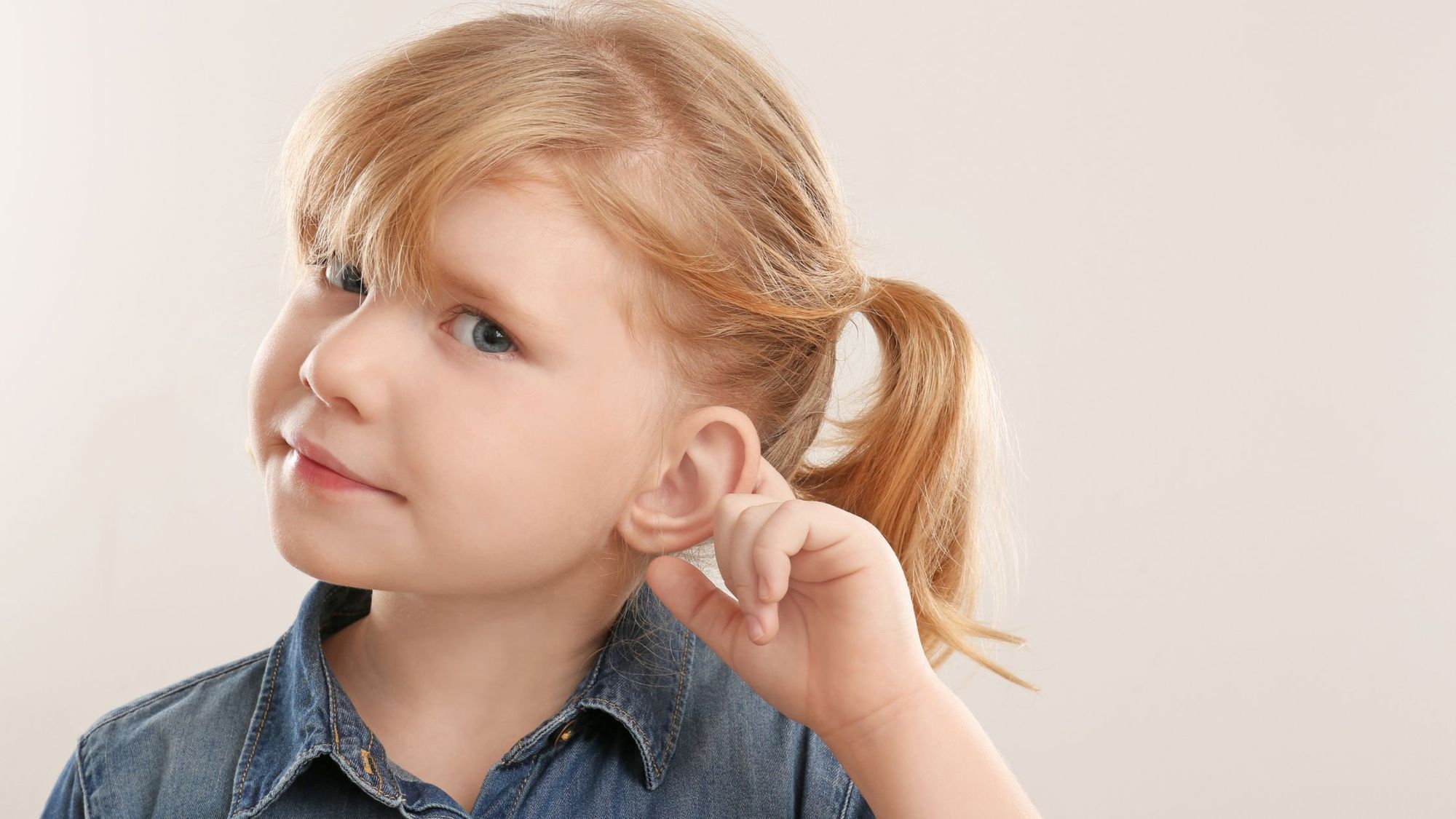
A lot of people wonder how hearing loss happens and if deafness can be inherited. Unbeknownst to most people, non-syndromic hearing loss is one of the most common inheritable disorders. This form of hearing loss or deafness is especially prevalent in East Asian populations. This is likely due to recurrent mutations in this population.
While hearing loss and deafness is commonly genetic (inherited), there are many non-genetic causes of deafness. Some non-genetic causes of hearing loss or deafness include low birth weight, maternal infections, head trauma at any age, and bacterial or viral meningitis, to name a few.
Approximately 1 in 1000 newborn babies have some hearing impairment in Europe and North America.
In this article, we’ll focus on how hearing loss or deafness can be inherited from one’s parents.
What Exactly is Non-Syndromic Hearing Loss and Deafness?
Non-syndromic hearing loss refers to partial or total hearing loss that’s not associated with other symptoms apart from deafness, which is why it’s called ‘non-syndromic’ hearing loss. (Syndromic hearing loss, on the other hand, occurs with symptoms that affect other parts of the body such as the eyes, heart or kidneys.)
Most forms of non-syndromic hearing loss are associated with a permanent loss of hearing caused by damage to structures in the inner ear. However, it can sometimes be caused by a problem with the middle ear as well.
Genetic mutations can impact the functioning of your inner ear. Several proteins are required for proper functioning of the inner ear. It should be noted that the inner ear is a complex structure made up of the cochlea (which is responsible for hearing), the saccule, utricle and the three semicircular canals which helps control one’s spatial orientation and balance. A number of different genes are responsible for the development and maintenance of the complex inner ear structure. Mutations in these genes can lead to sensorineural hearing loss, which is the type of hearing loss from changes to, or damage to, the inner ear structure.
If hearing loss is present before a child learns to speak, the term for this condition is ‘prelingual’ or ‘congenital’ hearing loss. Hearing loss that occurs after the development of speech is classified as ‘postlingual’ hearing loss.

Can Deafness be Inherited? How Can You Inherit Hearing Loss or Deafness?
The genetic disorder that causes hearing loss falls under several patterns of inheritance. Take a look at them below:
- DFNA or autosomal dominant: This means that if any one of the parents is a genetic carrier for hearing loss then they can manifest the condition in the child. This is the most common reason for non-syndromic hearing loss and deafness to occur.
- DFNB or autosomal recessive: In this case, both parents have to be genetic carriers of the mutated gene for the child to have hearing loss.
- DFNX or X-linked: The mutated gene comes from the mother, resulting in a deaf son or a carrier daughter. A father who has a genetic disorder could pass the disease to his daughters, but not the sons.
- Mitochondrial: The mutation happens within the mitochondrial DNA of a cell. This is exclusively coming from the mother, because only the egg cells have mitochondria. In other words, mitochondrial genes are inherited only from the mother. If there is a mutation in a mitochondrial gene, it is passed from a mother to all of her children; sons will not pass it on, but daughters will pass it on to all of their children, and so on. An example would be: Non-Syndromic Hearing Loss and Deafness due to the MT-RNR1 gene, as this is a mitochondrially-encoded gene that is associated with deafness.
Another genetic mutation that can cause hearing loss or deafness is GJB2 mutations. These genetic mutations are typically inherited in an autosomal recessive manner, but some are inherited in an autosomal dominant manner, and can cause syndromic hearing loss as well as skin diseases.
Mutations in GJB2 account for approximately 50% of patients with autosomal recessive hearing loss, i.e. 20% of all congenital hearing loss.
So, if your DNA test from CircleDNA reveals a GJB2 genetic mutation, this GJB2 variant could be passed to your children, as these genetic mutations are inheritable. This means your future children could potentially experience hearing loss or deafness.
This is just one of the many reasons why family planning is so important, and why genetic testing should be part of your family planning.
Family Planning and Preventing Inheritable Disorders
CircleDNA has a Family Planning D\NA Test Kit that helps you and your partner discover genetic mutations you might have that could change your family planning discussion. For example, you might speak with your genetic counselor (since a session is included in the DNA test kit) about the idea of assisted reproductive technology which can help prevent passing these genetic mutations to one’s offspring.
As mentioned, genetic testing is a wise addition to family planning practices. Nobody’s DNA is perfect, and we all could stand to benefit from knowing what’s in our DNA, and what we could possibly pass on to our children.
References:
- The genetic bases for non-syndromic hearing loss among Chinese – PMC https://www.ncbi.nlm.nih.gov/pmc/articles/PMC4511373/
- Nonsyndromic hearing loss – MedLine Plus: medlineplus.gov/genetics/condition/nonsyndromic-hearing-loss/
- Genetics of non syndromic hearing loss – PMC https://www.ncbi.nlm.nih.gov/pmc/articles/PMC4646903/





